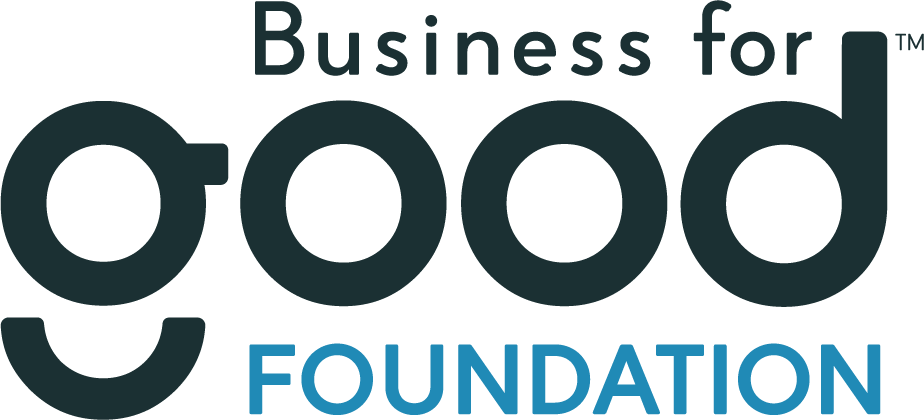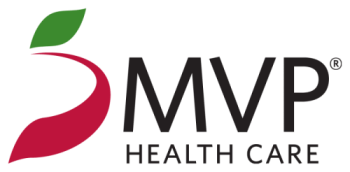News
October 13, 2023It Was Heart Disease, not Flu
In March of 2019, Lindsay Callahan thought she had the flu. An EKG was part of the battery of tests that doctors performed on her – and it led to a result the then-36-year-old mother of two, who works part-time at DeCrescente Distributing Company, never expected.
 “I was negative for the flu, but failed my EKG,” Callahan said. “My blood pressure was through the roof, and the doctor thought I was having a pulmonary embolism. They sent me to Malta Med Emergency Cetner for follow-up.”
“I was negative for the flu, but failed my EKG,” Callahan said. “My blood pressure was through the roof, and the doctor thought I was having a pulmonary embolism. They sent me to Malta Med Emergency Cetner for follow-up.”
Tests there only found a heart murmur. Although other family members had heart murmurs, this was the first time that Callahan had heard she had one. She did know that she had Factor V Leiden, a blood clotting disorder.
Callahan didn’t improve; in particular, her cough worsened. Ten days after her first test, she was at the gym and couldn’t exert herself at all. Her primary care doctor sent her for an echocardiogram.
“The tech doing that echo saved my life,” Callahan said. “She sat me down, and said although she couldn’t be specific, my valve was ruptured and my heart was working very hard.”
After blood work, Callahan’s next step was a transesophageal echocardiogram, an ultrasound done through the esophagus, because its proximity to the heart gives a good view of the valves.
The 20-minute procedure showed that her mitral valve that was “flailing.” It also showed the need for open-heart surgery to repair it.
“I couldn’t even fathom what was happening,” Callahan said, recalling how she felt on the drive home from the test. “I’m from a big Italian family and when I got home, everyone was there.”
Her 5- and 7-year-old children were foremost in Callahan’s mind.
“I wanted to wait to tell them until they were old enough to comprehend what was happening,” she said. But the need was too great, and surgery was scheduled for June 2019.
“The kids’ pediatrician was really helpful; she and I even cried together,” Callahan said.
Between her diagnosis and the surgery, Callahan weakened.
“I couldn’t work out, and I had constant heart palpitations,” Callahan said. “Once, I was in a pool with my children, and had a hard time even treading water.”
Callahan spent time wondering how she had gone from nothing to being so sick so fast, and wondered why the heart murmur hadn’t been found.
“One of my doctors suggested that the stress of pregnancy might have done it,” she said. “I had high blood pressure and pre-eclampsia with my pregnancies. I was never someone who loved being pregnant. I was only 27 and 29 when I had my children, but never felt well in that time.”
On June 24, 2019, Callahan had open-heart surgery at Mt. Sinai Hospital in New York City.
“My husband, my two sisters, my nieces and my mom and dad came with me,” she said. “Saying good-bye to my children that morning was hard. I didn’t know if I’d ever see them again.”
After initially feeling well, Callahan’s recovery became more difficult.
“Nobody prepares you for the little things that come after surgery,” Callahan said.
The Factor V Leiden had to be controlled, and her lungs filled with fluid. At home, she collapsed once, in full view of her children.
“When I came to, I thought I was having a stroke,” she said. “My mouth and tongue were numb. It was a panic attack.”
In November, another setback happened. Callahan had trouble forming words, and when she did, they often came out slurred. Two separate trips to the emergency department didn’t show anything. Her primary care doctor told her to call as soon as it started happening again. When it did, her primary pulled together her cardiologist and surgeon and told them to not let her leave the hospital until she received an MRI of her heart and brain.
A neurologist diagnosed post-profusion syndrome, which can happen after a patient has been on a heart-lung machine. The condition is also called “pump head.”
“I’m not big on meds, but after that, I went on anxiety medication right away,” Callahan said. “I found that what my mind went through after open-heart surgery took over my entire body, and I was having depression and anxiety. My biggest struggle was thinking, how the heck did I survive?”
Today, Callahan feels good, her children are thriving, and she feels certain that her purpose is to help others.
“I know my family history, and share that with my kids,” she said. “My father had open-heart surgery and has a defibrillator; my mother tested positive for the BRCA gene. I’ve had the BRACA test and everything is fine. My children had the new cardiac survey, and my daughter has a leaky valve. Now we know.”
“You have to be aware of your body,” Callahan said. “Any little symptom I have, I call my cardiologist. One thing I would tell everyone is that you aren’t crazy. If you go to a doctor and they don’t find anything and say it’s fine, but you don’t feel fine, see someone else. I was placed here to go through this to help others. When you get through something, pay it forward. That’s the best thing to do. You have to live every day as if it’s your last. Take chances. You just have to.”
Callahan will share her story at the Go Red for Women Luncheon, set for Friday, Nov. 3 at the Albany Capital Center. For ticket and registration information, visit CapitalRegionNYGoRedLuncheon.heart.org.



























